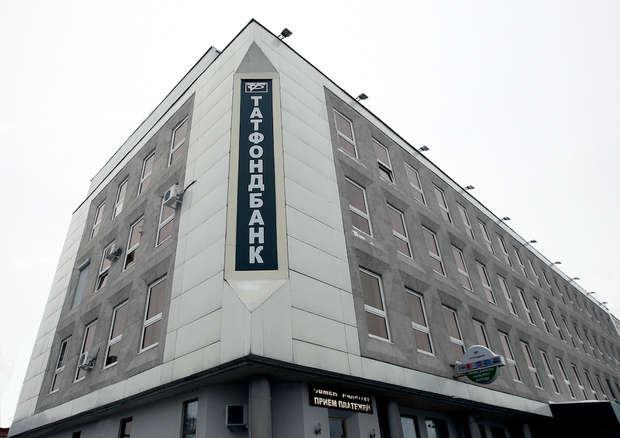Russia makes further steps into the world of Islamic banking
Vnesheconombank, Sberbank and Tatfondbank are going to take part in Islamic Banking Conference in Bahrain. The banks are working on launching Islamic finance products to get access to the investors from the Gulf countries and Southeast Asia. However, the current legislation system of Russia complicates the progress.
The officials of the key Russian banks are going to participate in the 23rdWorld Islamic Banking Conference in Bahrain from 5 to 7 of December 2016, informs Gulf Times. The conference is considered to be the world's most significant Islamic finance event.
Russia started exploring Islamic finance products earlier this year when three major financial institutions (Vnesheconombank, Sberbank and Tatfondbank) signed their agreements with the Islamic Development Bank of Saudi Arabia. There is growing interest from other 20 Russian banks, stated Linar Yakupov, head of the Association of Regional Investment Agencies of the Russian Federation.
Vnesheconombank has already launched some halal projects in the Republic of Ingushetia. The bank is also interested in the projects related to the exports to Muslim countries. According to the bank's chairman Sergey Gorkov, Russia has already exported $3bn worth of goods to OIC countries, but this can be doubled. Tatfondbank has a participation banking centreIn Kazan that opened in March 2016. It also plans to set up correspondent banking links with enterprises in CIS countries.

The banks' activity is primarily targeted at the potential Gulf and Asian investors, while the Western funding is unavailable due to the sanctions. The private sector is also taken into consideration, but a rather small share of the Muslim population in Russia (about 7 per cent) makes it a secondary aim.
'There is now political will for Islamic finance to be developed in Russia. The ice has broken and people now understand that Islamic banking products can be in demand,' Maxim Osintsev, the executive director at Sberbank's corporate and investment banking division, told Reuters.
The current Russian banking legislation is the main barrier of the Islamic finance expansion to the country. It forbids banks from engaging in commercial activities, so they can operate only a limited range of assets (e.g. precious metals). On the contrary, Islamic banks actively buy and sell various assets exclusive of gambling, alcohol, etc. Deals often require a multiple transfer of underlying assets, so they can attract double or triple tax duties.
The Islamic finance industry is growing faster than banking assets as a whole, with an annual rate of 17.6 per cent between 2009 and 2013. Muslim religious rules do not allow to earn on the interest rates. The main principle is that both loss and profit are shared between the lender and the borrower.